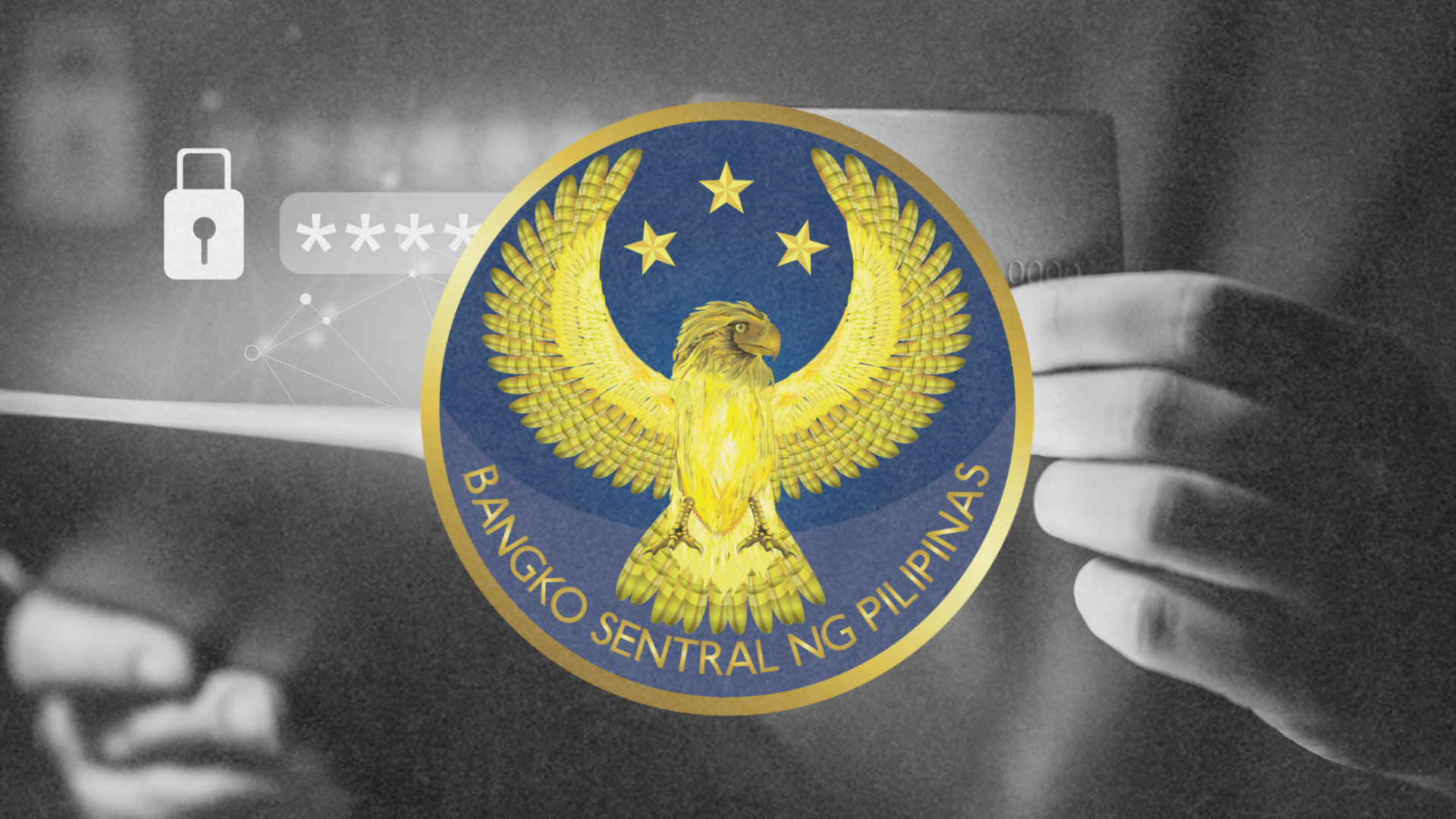The Ateneo de Davao University (ADDU) is boycotting Cebu Pacific in protest of the airline personnel’s “insensitivity and ineptness” in attending to the needs of their passengers during the runway incident involving Flight 5J 971 at the Davao International Airport on Sunday evening.
In a letter addressed to Cebu Pacific, ADDU president Fr. Joel Tabora SJ on Monday denounced the airline’s failure to “give humane assistance to passengers” after its plane’s engine caught fire before coming to a stop and overshooting the airport runway.
Tabora said that while his university has been a loyal customer of Cebu Pacific for years, Sunday’s incident proved that the company is “undeserving of ADDU’s patronage.” Tabora sternly added that he has ordered ADDU to “no longer purchase tickets from Cebu Pacific.”
The ADDU president claimed that, “No instructions were given; no calming words spoken. Instead a pilot of another airline undertook to calm the passengers.”
“It was only after 27 minutes in a smoked cabin that the passengers were allowed to leave the plane by coming down emergency slides. Twenty-seven minutes however without appropriate communications is entirely too long,” Tabora added.
Tabora, however, clarified that he is not “incensed” because of the mechanical failure that happened, but because of Cebu Pacific’s “manifest human failure.”
He cited that the airline demonstrated lack of concern for its passengers, saying, “Where was your concern for the passengers? Your personnel lack training for an emergency situation. They froze. They did not know what to do. They must be able to put the welfare of the passengers before their own. And they must be trained to do so.”
The angry ADDU official closed his letter on an austere note, “When you put such people in the care of people, you endanger lives. Under these circumstances, we will generally recommend a boycott of Cebu Pacific. You do not deserve customers,” he said.
Cebu Pacific Apologizes
In response to the ADDU president’s letter, Cebu Pacific president and CEO Lance Gokongwei, in an interview on ANC Monday night, said, “This incident is most unfortunate. I would like to personally apologize to all the passengers affected and those whose travel plans were disrupted.”
The airline’s top official, however, dispelled Tabora’s claim that the incident was an “emergency situation.” Gokongwei stressed that, “There was no emergency situation…It was a precautionary disembarkation.”
“The important thing is that all passengers disembarked safely,” he added.
However, Augustus Caesar Esmeralda of Ace And Associates, Inc, agrees mostly with the critics on the perception of emergency situation versus precautionary disembarkation. He said that based on accounts and images of the plane ditched in the runway, the situation calls for emergency evacuation of passengers and crew of the plane. He added that the passengers may have different accounts based on where they are seated, what they saw or heard, or how quickly they were attended to while inside the plane.
On complaints about the airline’s “inept and insensitive” handling of the situation, Gokongwei said, “In this situation we may not have handled all issues perfectly, but we can learn from this experience.”
Esmeralda, a consultant on asset protection and crisis management, however expected Cebu Pacific to have performed better after all the negative situations they have been into. He described the Davao flight as a critical incident that bred crisis situations for other players in the airline, aviation, and other industries. The supply chain of industries that are dependent on Davao region is affected. Travel and tourism are severely impacted as long as the plane is blocking the runway. He added that the greatest impact is on the corporate and brand image of Cebu Pacific itself as the criticism against the response of the crew and the suspected pilot error robbed the airline the chance to excel or redeem itself when bad weather was a factor.
Boycott Security Implications
Cebu Pacific may be the country’s go-to budget airline, but even those who continuously patronize their low fare rates have a thing or two to say about the carrier’s unsatisfactory customer service – including rants about booking booboos, hidden charges on fares, notoriously delayed flights, lost baggage, and incompetent ground and flight personnel, among other things.
Recall that in 2010, the airline also drew flak for refusing to let a special child on board and disallowing a medical team to hand-carry a human kidney.
There’s no telling how much Cebu Pacific could lose in revenues and how many people are exactly willing to join the boycott bandwagon in the weeks to come following Ateneo de Davao management’s boycott.
The ADDU issue has awakened criticisms, and this early, irate passengers and former patrons are joining the call for boycott. In Twitter and Facebook alone, people have posted varying opinions and not a few outspoken ones have vowed never to fly Cebu Pacific again.
While online lashing may not be a cause for worry, a controversy such as this can give rise to possible security implications.
In the United States, American Airlines pilots were accused of sabotaging their own flights last year. The airline grounded at least eight planes after it has confirmed incidents of loose seats allegedly perpetrated by their own employees.
In 2009, a different case of sabotage reportedly took place in an Air France flight from Dusseldorf, Germany to Roissy, Paris. The technical incident involved smoke-detector cables deliberately cut while the plane was on a stopover at Dusseldorf airport.
In local setting, sabotage might seem far-fetched, but is very likely to happen given the enraged reaction to Sunday’s incident and the rousing sympathy for the “neglected” passengers. Risk level on Cebu Pacific is higher this time as possible threats from affected and sympathetic parties are relatively possible.





